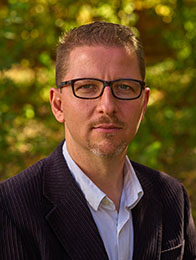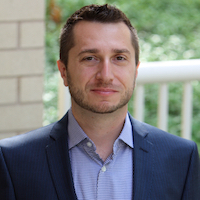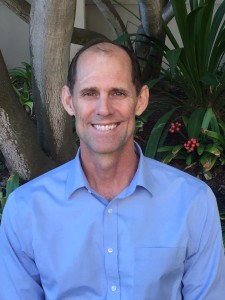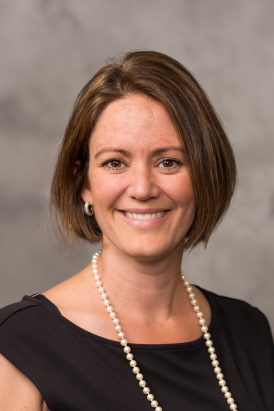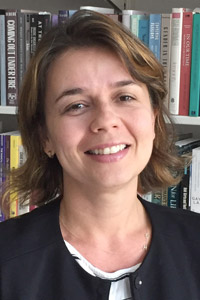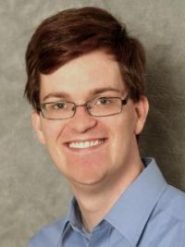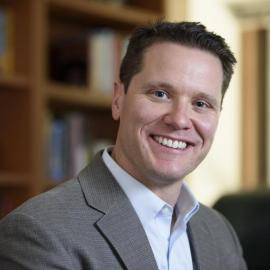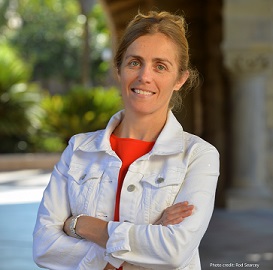Fernando Riosmena, CU Boulder
CCPR Seminar Room 4240 Public Affairs Building, Los Angeles, CA, United StatesIndividual and Neighborhood Vulnerability over the Latin American Immigrant Health Experience
The state of Latino health seemingly defies the way in which the historical disadvantages faced by people of color in the United States get under the skin, and how place matters in reflecting or further reproducing these disparities. Hispanics –especially foreign-born individuals with lower socioeconomic statuses– have more favorable health than other race/ethnic groups –notably, U.S.-born non-Hispanic whites– in a limited but very important set of health outcomes such as cardiovascular function, some cancers and mortality across much of the life course.
In this talk, I discuss the mechanisms/phenomena driving the Hispanic immigrant health advantage, which is likely tied to processes of self-selection as well as to protection and resilience likely operating particularly well in heavily-concentrated Latino neighborhoods and enclaves. Throughout, I present my empirical research aimed at disentangling self-selection processes from the protection that immigrants might draw from fellow neighborhood and/or community members. I further discuss these findings in the context of how immigrants adapt in the longer term: these advantages and resilience eventually erode as immigrants spend more time in the United States –as well as across immigrant generations– through a series of processes by which immigrant and Latino vulnerability become somatized.
I conclude by speculating on the likely future of Latino and immigrant health, discussing how the resilience and vulnerability of Latino immigrants might evolve given recent major shifts U.S. immigration and social policies and practices, and due to important changes in the dynamics of migration between Mesoamerica and the United States.

